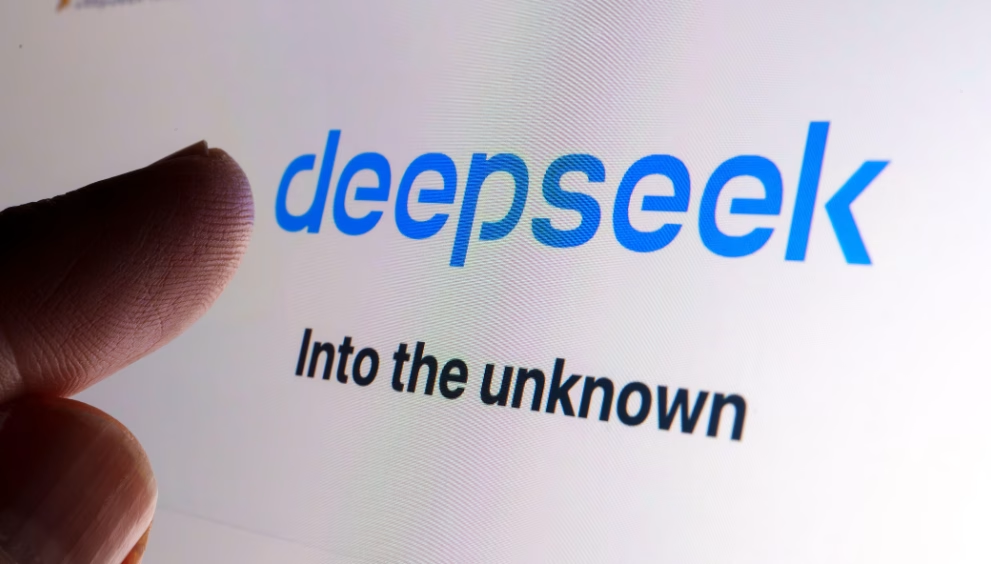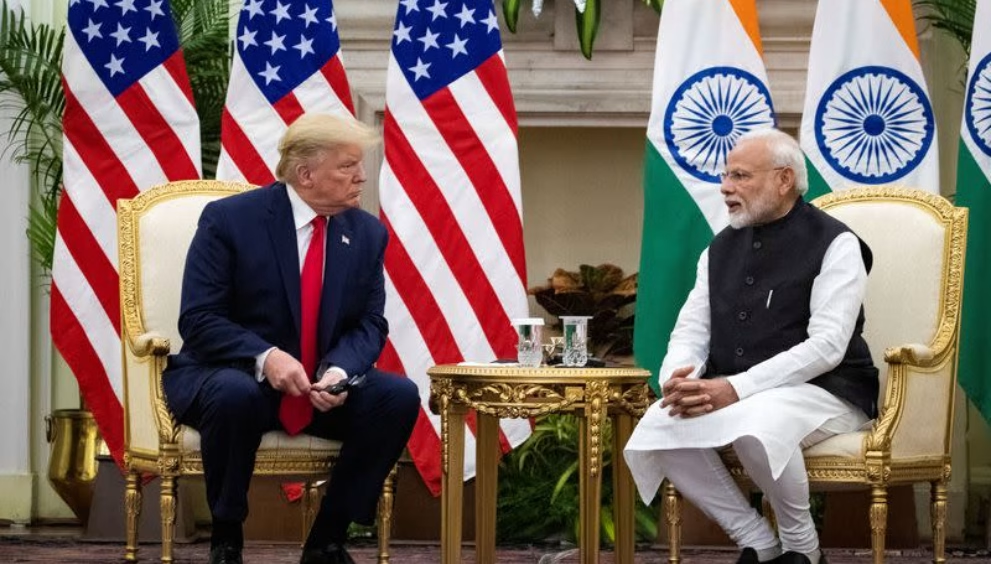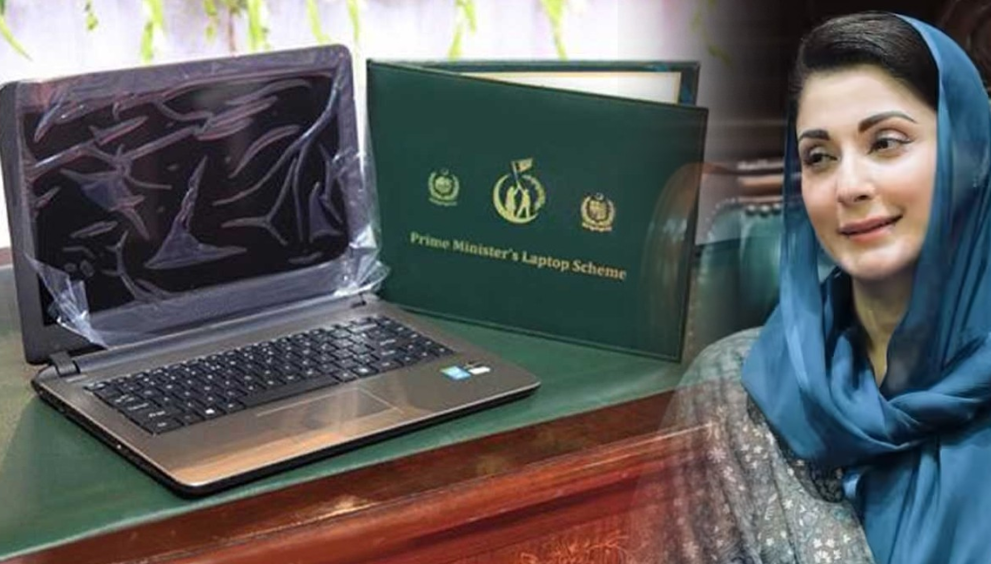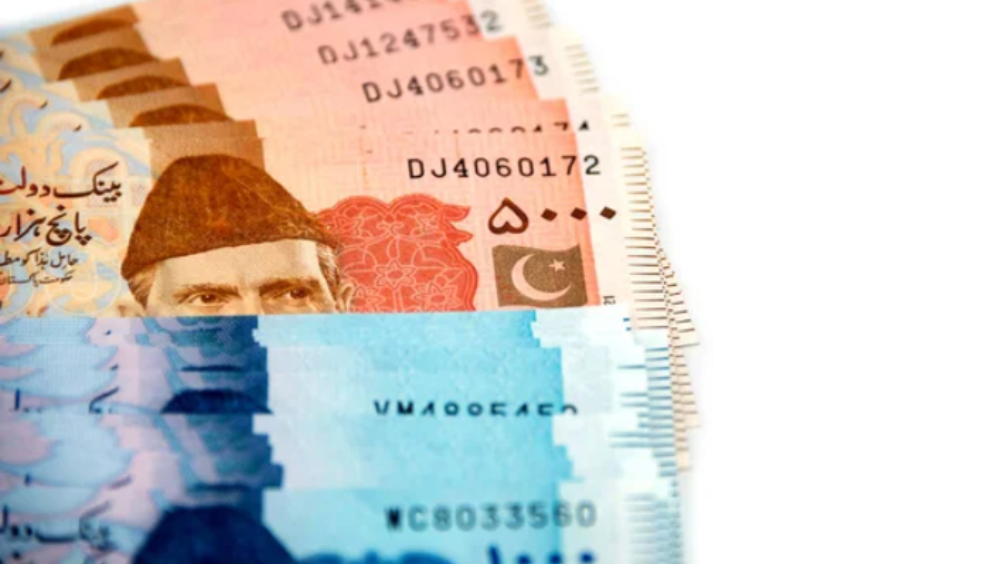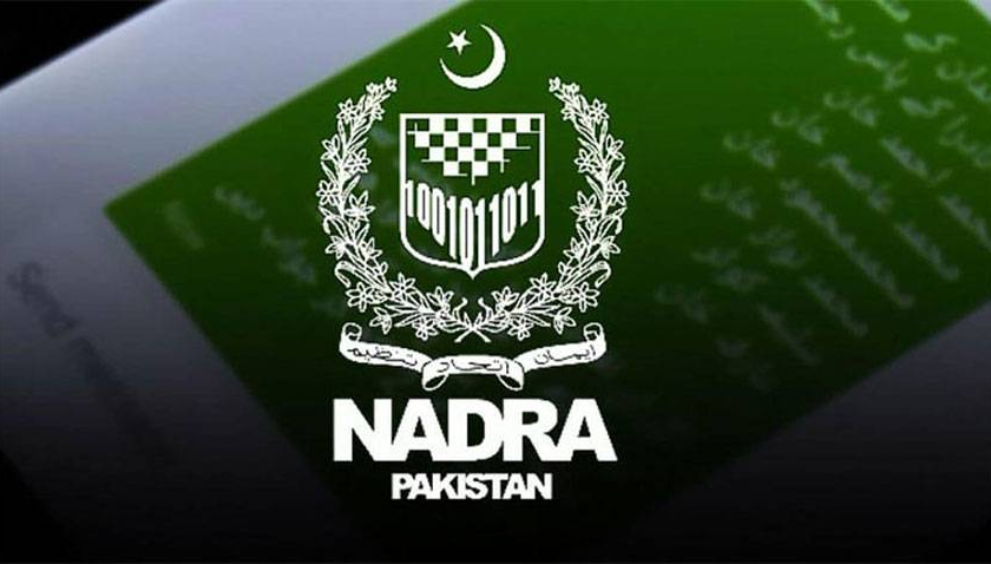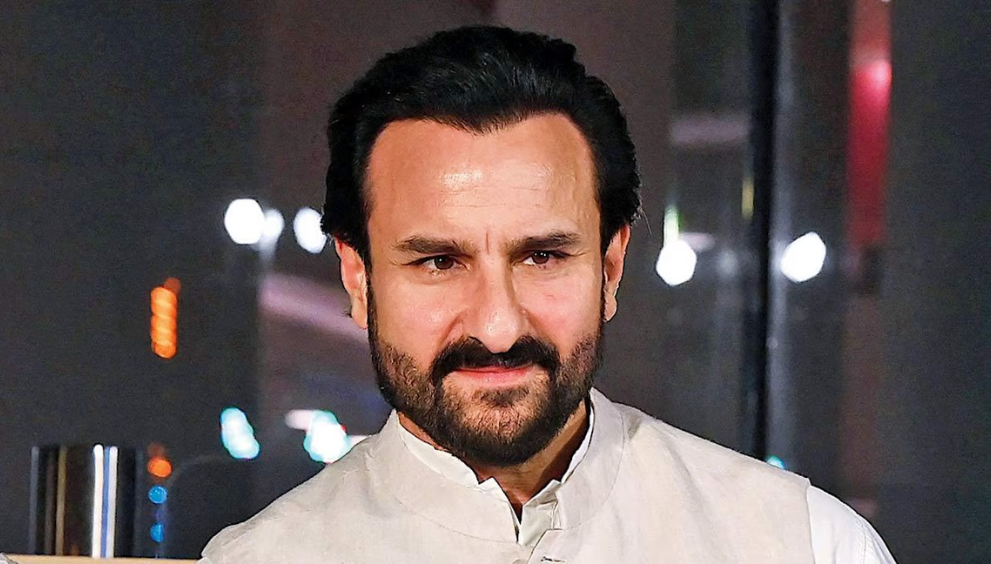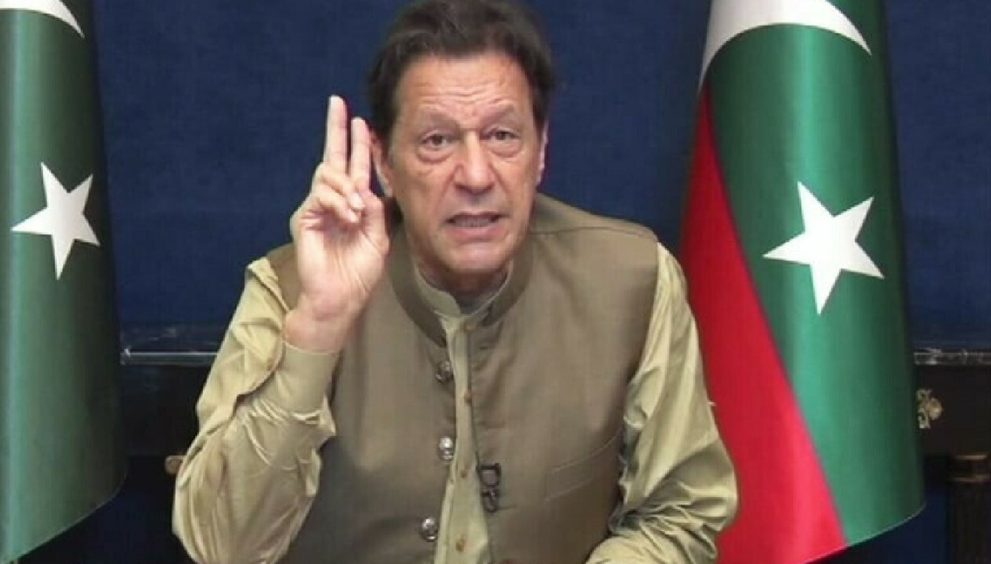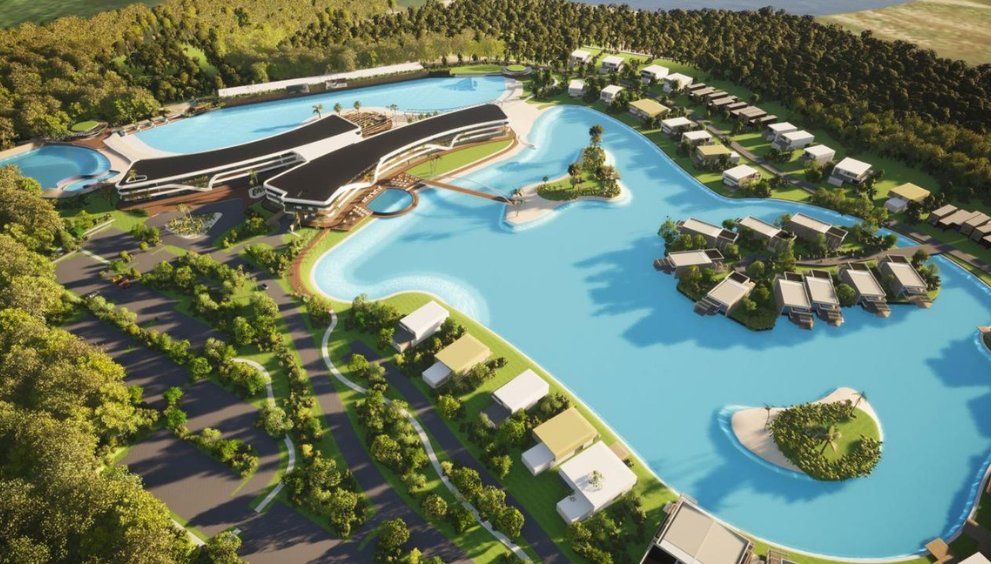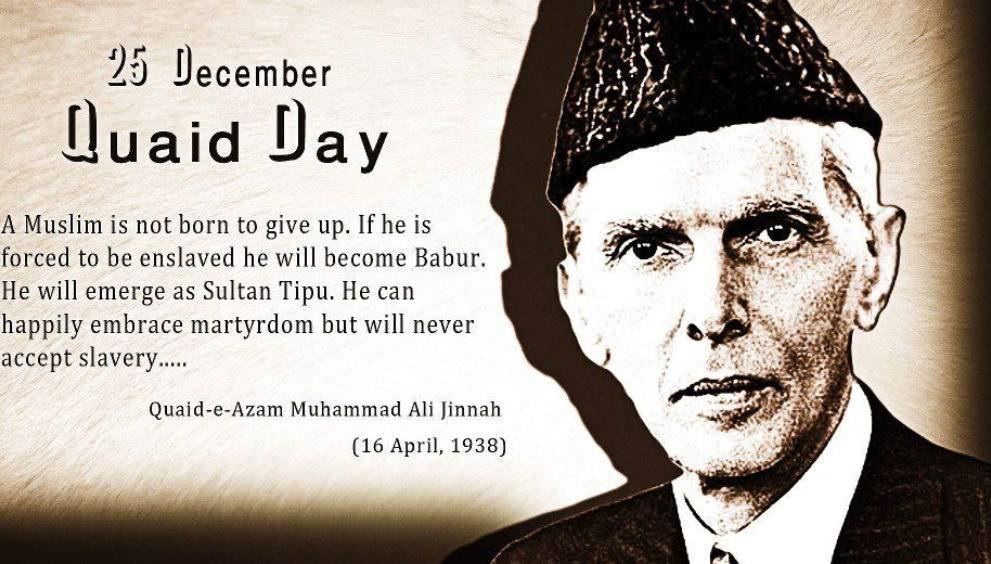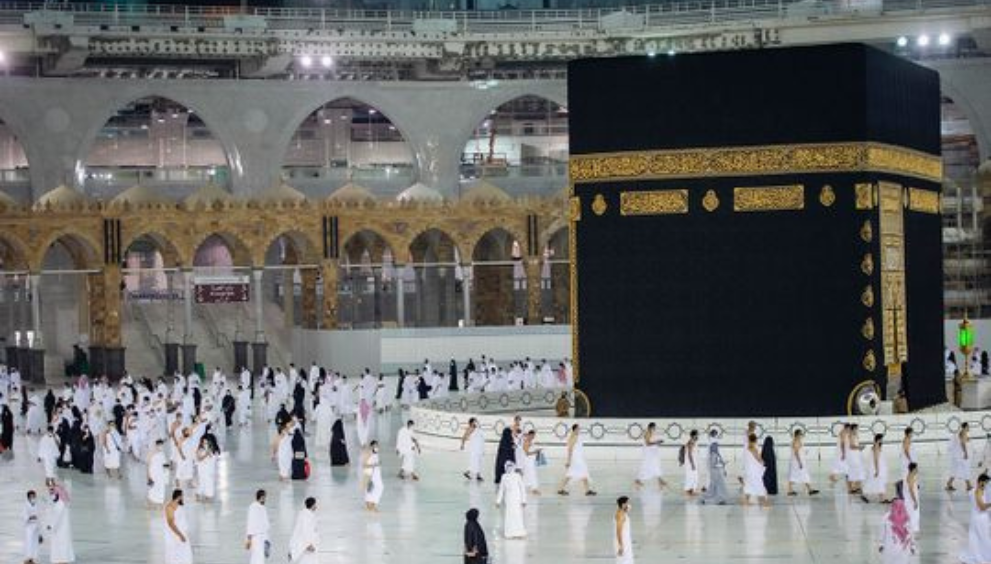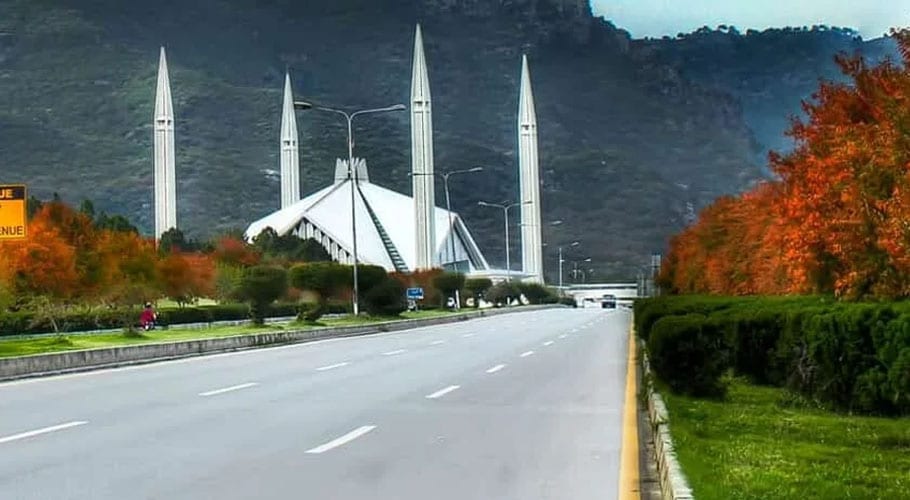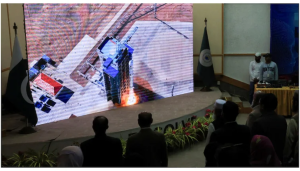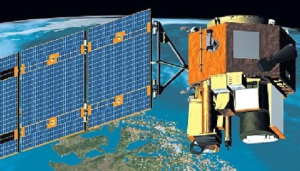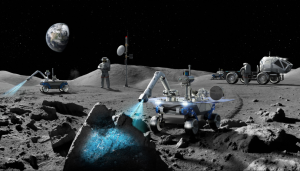Pakistan Launches First Indigenous Satellite EO-1
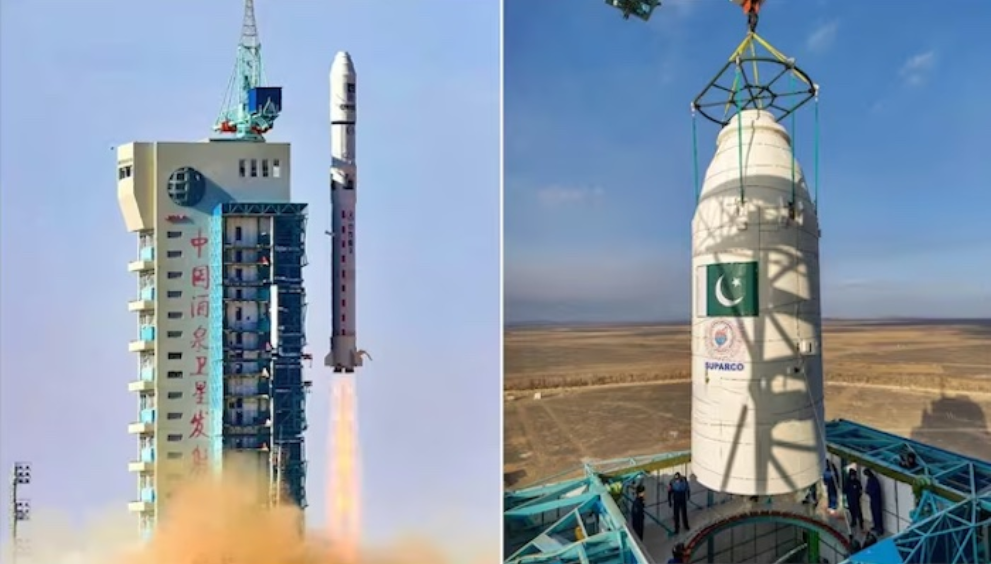
Pakistan Launches First Indigenous Satellite EO-1
Pakistan achieved a significant milestone on Friday with the launch of its first homegrown Electro-Optical (EO-1) satellite. The launch was conducted from the Jiuquan Satellite Launch Centre in northern China, marking a breakthrough in the nation’s space exploration efforts.
Developed by the Space and Upper Atmosphere Research Commission (Suparco), the EO-1 satellite uses advanced electro-optical sensors to capture high-resolution images of Earth. These sensors measure reflected sunlight and emitted radiation, enabling detailed observation and data collection.
The PRSC-EO1 satellite is set to enhance Pakistan’s capacity in several critical areas, including natural resource management, disaster response, urban planning, and agricultural development. In a statement, Suparco described the launch as a significant step towards achieving self-reliance in space technology.
“This remarkable milestone marks a giant leap forward in Pakistan’s journey toward self-reliance and technological excellence in space exploration,” the agency announced.
Applications of the EO-1 Satellite
Suparco highlighted the diverse applications of the EO-1 satellite:
1. Agriculture:
Supports precision farming.
Assists in irrigation management.
Predicts crop yields accurately.
2. Urban Planning:
Monitors infrastructure growth.
Manages urban sprawl effectively.
3. Environmental Management:
Tracks deforestation and glacier recession.
Monitors water resources.
4. Disaster Management:
Provides real-time updates on floods, landslides, and earthquakes for timely response.
Additionally, the satellite will play a crucial role in conserving natural resources, such as minerals, oil, and gas reserves. Its capabilities make it a vital tool for sustainable development and informed decision-making in Pakistan.
Acknowledgment of Efforts
Suparco Chairman Muhammad Yousaf Khan credited the success to the government’s unwavering support and the dedication of the agency’s engineers. “This achievement reflects Pakistan’s commitment to leveraging space technology for national progress and sustainable development,” he stated.
The Prime Minister of Pakistan, Shehbaz Sharif, also expressed pride in the accomplishment. “Spearheaded by Suparco, this demonstrates our nation’s growing capabilities in space science and technology. It is a proud moment for the entire nation,” he remarked.
Deputy Prime Minister and Foreign Minister Ishaq Dar lauded the launch as a testament to Pakistan’s expertise in space technology. “This significant achievement underscores our commitment to peaceful uses of space technology,” he posted on social media.
Collaborative Launch with China
The EO-1 satellite was launched alongside two other satellites, Tianlu-1 and Blue Carbon 1, using China’s Long March-2D carrier rocket. The collaboration with China further demonstrates the growing partnership between the two countries in the field of space exploration.
This is not Pakistan’s first venture with China in space technology. In May last year, Pakistan launched the PakSat-MM1, a multi-mission communication satellite aimed at improving internet and communication infrastructure. Furthermore, Suparco has partnered with China’s Chang’e 8 lunar exploration mission, scheduled for launch in 2028.
National Space Policy and Future Goals
The successful deployment of the EO-1 satellite aligns with Pakistan’s National Space Policy, emphasizing technological advancement for socio-economic development. The Inter-Services Public Relations (ISPR) hailed the launch as a “momentous milestone,” reinforcing Suparco’s role as a key contributor to national progress.
Pakistan’s entry into the earth observation satellite market, valued at $5 billion and expected to grow to $8 billion by 2033, signifies its potential in this rapidly expanding sector. Major players like the United States, China, and India have already established robust satellite constellations, and Pakistan’s advancements indicate its readiness to compete on a global scale.
A Promising Future in Space Exploration

The launch of EO-1 signifies a major leap for Pakistan in the realm of space technology. With plans to expand its capabilities further, Pakistan is paving the way for sustainable development and self-reliance in this critical field.
As the country continues to explore space for peaceful purposes, the EO-1 satellite stands as a symbol of national pride and a step towards a brighter, technologically advanced future.Read more informative blogs

 English
English 





